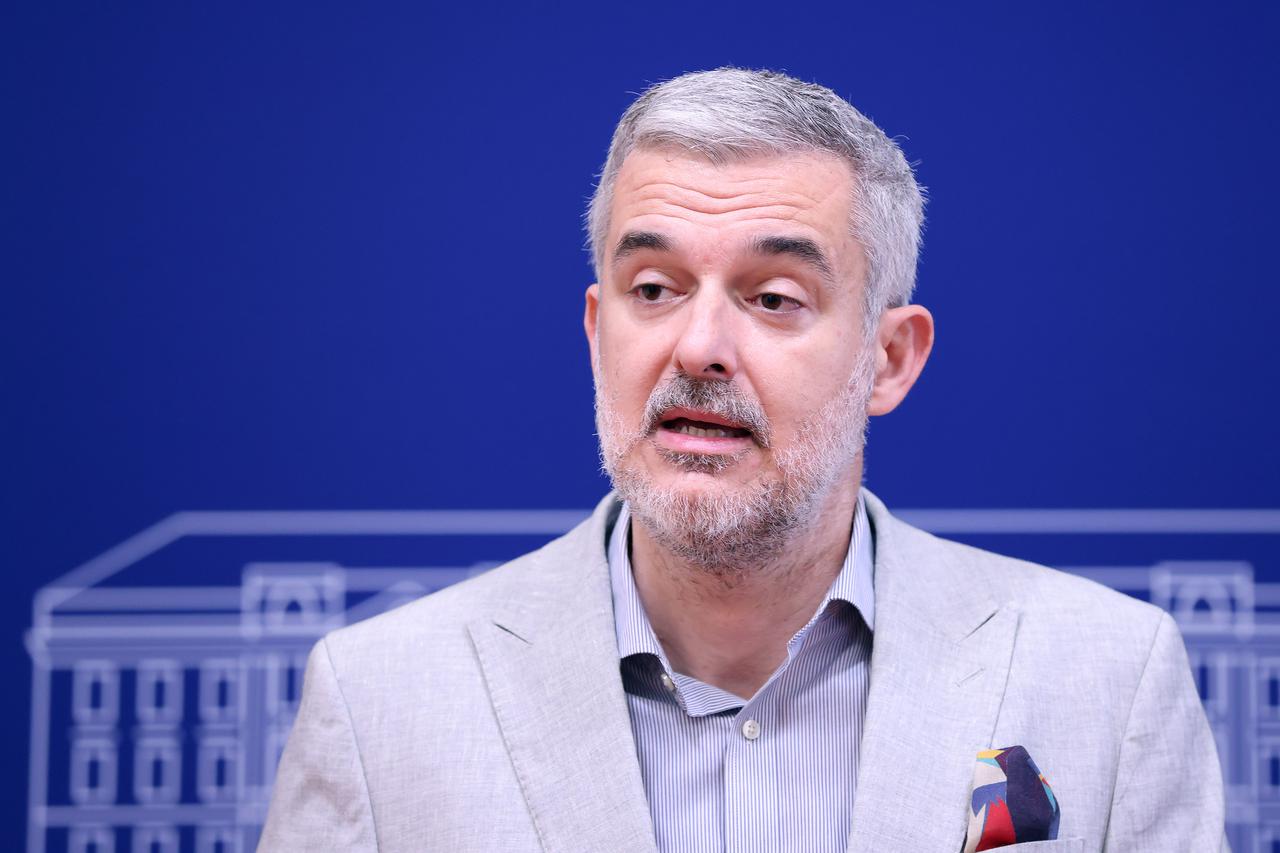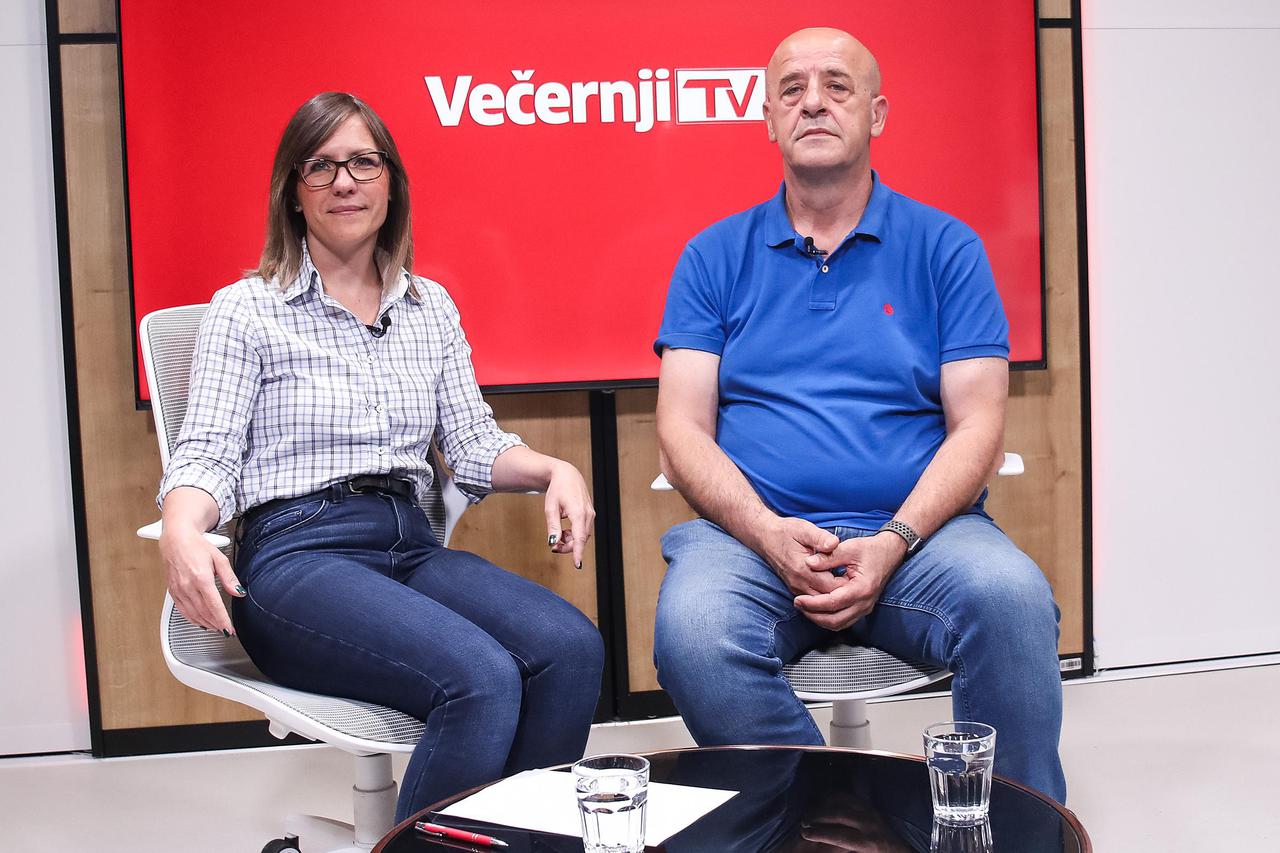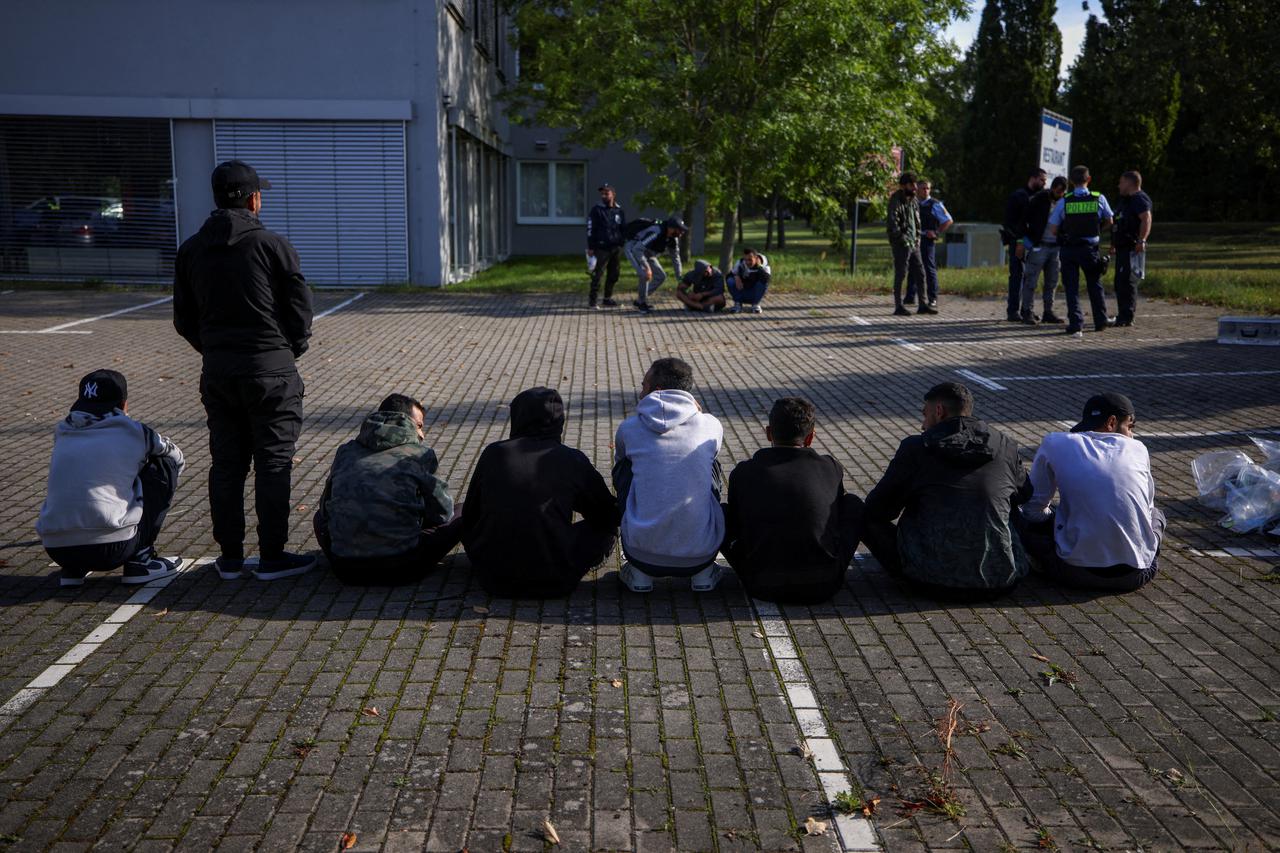Imagine being sentenced to years of unbearable pain, and the law won’t let you choose a dignified end. That’s the harsh reality in many countries, including Slovenia, where euthanasia remains taboo, even though it’s legal in about ten countries worldwide. Alenka Čurinjanžekovič, a retired teacher from Slovenia, was one of those who fought for the right to assisted dying. Diagnosed with Morquio syndrome, an incurable and painful disease that destroyed her bones and cartilage, Alenka endured unbearable pain for years. With her husband’s support, she turned to the Swiss organization Dignitas, one of the few places where euthanasia is legal. Slovenia isn’t on that list. After failing to get the Slovenian parliament to pass a law on assisted dying, Alenka took a lethal cocktail in a Swiss clinic in March 2020 and died at 66.
This case raises a burning question: is the right to a dignified death a basic human right or a societal taboo? While the UK’s House of Commons recently voted to legalize euthanasia, many countries still refuse to acknowledge the suffering and choice of individuals. Why? Fear, moral dilemmas, or political inertia?
Alenka’s story isn’t unique. Millions worldwide suffer in silence, without the option to choose a peaceful end. While debates rage on, real people lose their battles with pain and despair. If the law doesn’t protect the right to choose, whose responsibility is it? Will we allow such tragedies to repeat?
In a world where technology advances and rights expand, the right to a dignified death remains controversial. Can we truly call it progress if we don’t respect individual choice in the hardest moments?
If this topic hits home or you have your own take, drop a comment below. Is euthanasia salvation or sentence? Or maybe something in between? Let’s get into the conversation that could change lives.













































